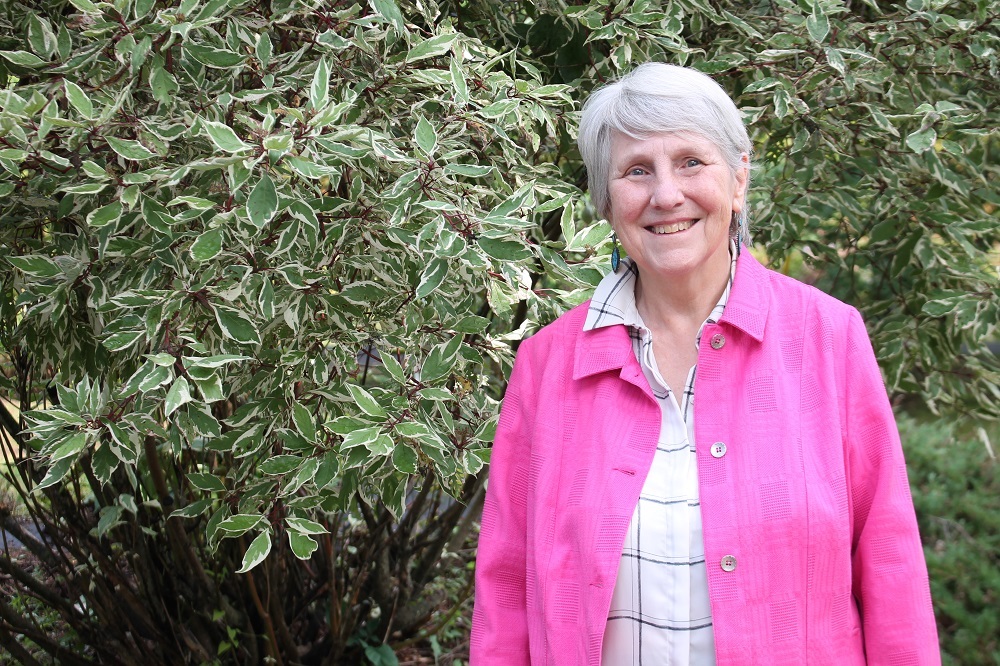Minden Hills council, at its Oct. 12 meeting, supported in principle the County-led shortterm rental bylaw, as well as a municipal accommodation tax.
County director of planning, Steve Stone, and director of economic development and tourism, Scott Ovell, are making the rounds of lower-tier townships.
After their presentation, mayor Bob Carter commented the bylaw was a culmination of six-plus years of work but, “this (County) council has been relatively aggressive in making sure that not only would we have a bylaw (but one that) would stand the test of time and the test of the legal world.”
He added, “we went out and hired a very experienced legal firm that has been working with these short-term rentals for a number of years. And we spoke extensively with people and other municipalities across the province.”
He said one of the challenges in the Highlands is “we have absolutely no idea how many short-term rental properties there are. Estimates have started in the hundreds to well over 3,000.” As a result, he said they don’t know how many applications they will get. He said the bylaw eases the load on fire departments, for example, from having to inspect 1,000 to 2,000 properties as there is a self-attestation in the bylaw.
Carter further added they have also been firm that “not one penny of taxpayer dollars should go into this program. In other words, the short-term rental structure should all be paid for by the fees that are collected for the program. This isn’t a money grab. This is something that is required. We’ve all heard complaints, we’ve all heard the issues, and we need to take control of the situation.”
As for the municipal accommodation tax, Carter said money collected could be put towards tourism infrastructure, roads and services, and even housing.
He said he’d like both the STR bylaw and MAT in place for the beginning of the summer tourist season next year.
Coun. Pam Sayne, while in favour of the County’s work to date, said “this is something that I think should have been handled at the provincial level. She said the province has essentially allowed commercial properties in residential neighbourhoods across Ontario without giving townships planning teeth.
Sayne added it has created a situation where people are worried about security with renters moving in and out of homes.
“They don’t know who their neighbours are anymore… And that has really cut into the fabric of our communities.”
Sayne said it had greatly affected housing. She knows of people who have lost longterm rentals to landlords seeking more money from STRs.
Ovell said once the short-term rental bylaw goes live, the MAT should kick in as well. “If you don’t do it that way, I would say you’re just leaving money on the table.”
Carter said they may have legal challenges but, “we have done our best to make sure that we follow all the best practices. And, again, this isn’t a money grab. This is to make sure that what we have in our tourist world within Haliburton County is safe.”





